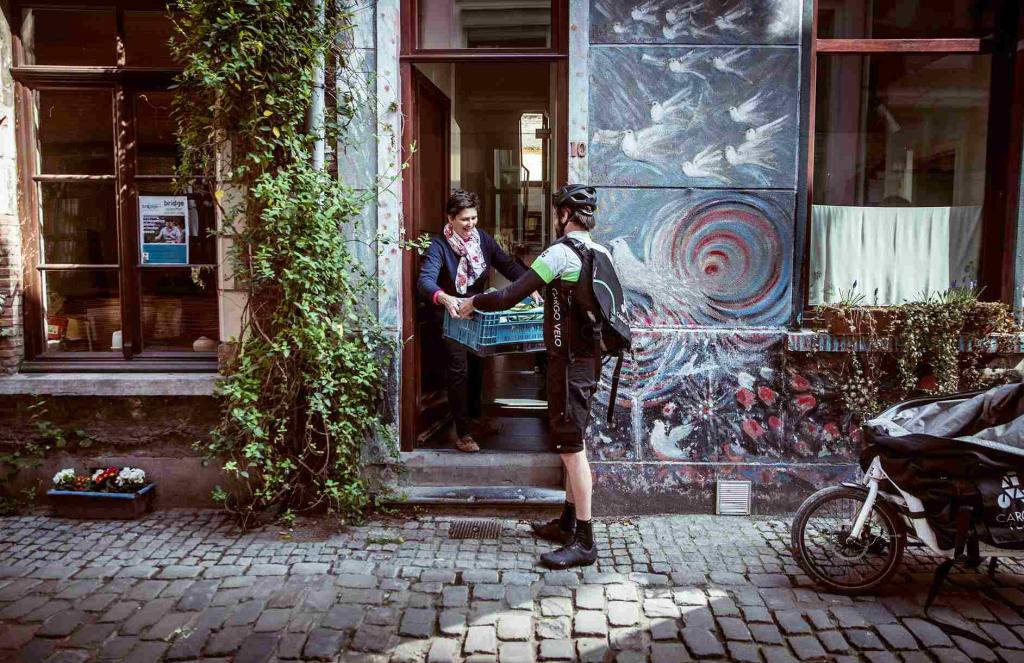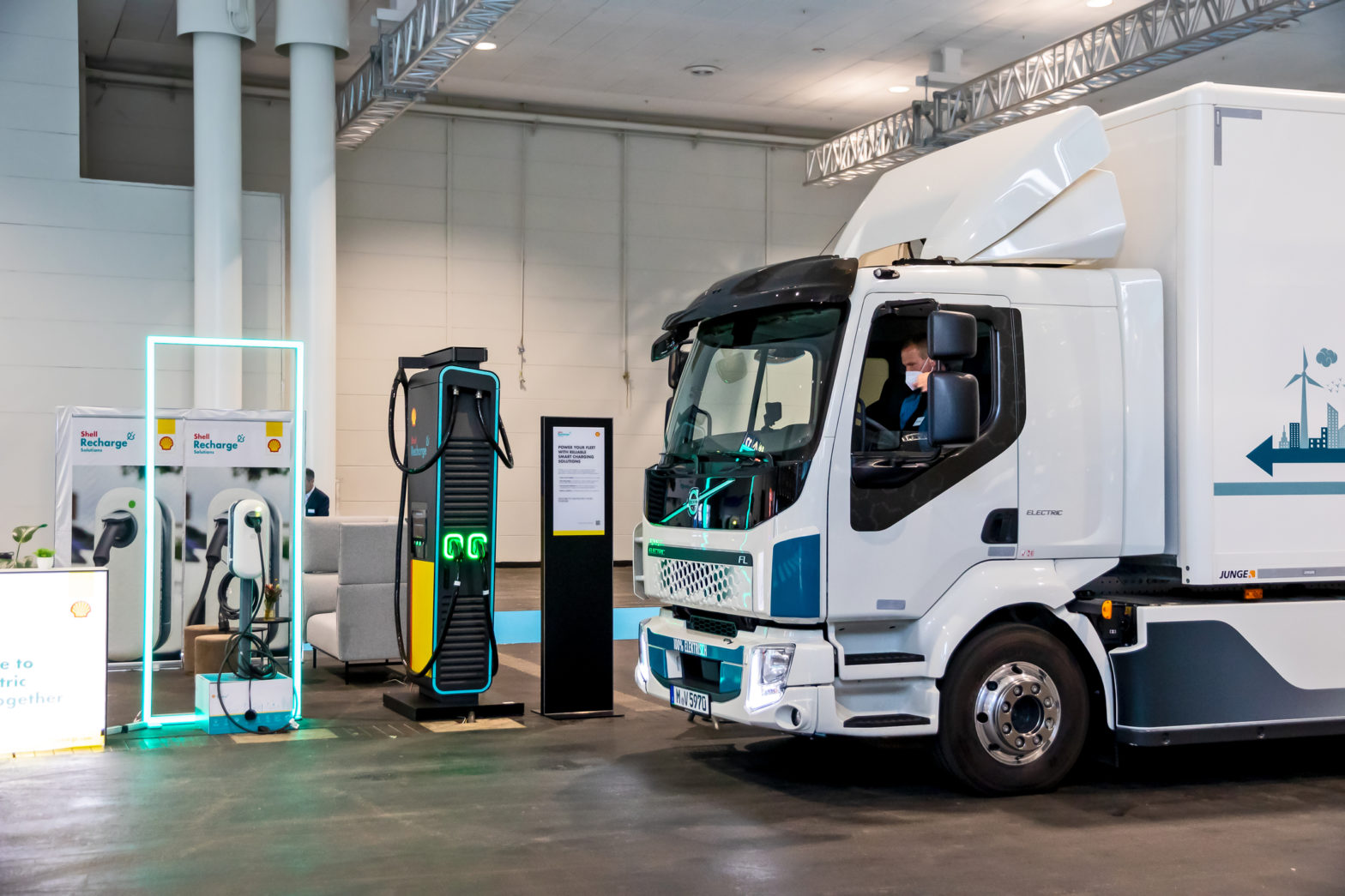
Photo: City of Ghent
Ghent offers free trial of electric vehicles for deliveries
08 July 2024
by Christopher Carey
Companies delivering goods to central Ghent are being invited to participate in one of two pilot projects aimed at reducing emissions in the Belgian city.
The first gives firms the opportunity to try out electric vehicles for free, while the second offers financial support to work with a local ‘last-mile’ provider.
“Logistical traffic has a major impact on the quality of life in our city,” said Tine Heyse, Ghent’s Alderman for the Environment and Climate.
“By switching to sustainable alternatives, we are taking an important step towards a healthy urban environment.”
Both initiatives are funded by the municipality, which says that 7,000 tonnes of goods are brought into Ghent’s central area each week via 40,000 van and truck trips.
Two options
For the first pilot project, companies, sole traders or non-profit organisations can test an emission-free delivery vehicle for a week free of charge. They will also receive “advice and customised logistics services”.
Participants can choose between an electric truck, box truck, refrigerated truck or van, a light electric freight vehicle or a cargo e-bike, with testing possible from 23 September to 13 December 2024.
Alternatively, there’s the option of €6,000 (US$6,500) in funding for using last-mile delivery providers – logistics firms that bundle deliveries and transport goods from the edge of the city to the city centre.
“By 2030, we want city logistics to be as emission-free as possible, but entrepreneurs are not alone. We give them time to prepare, and we offer support. In this way, we want to motivate them to take the step towards sustainable logistics,” said Sofie Bracke, Ghent’s Alderman for the Economy.
Last-mile economics
Earlier this year, sustainable energy consortium EIT InnoEnergy released a report which claimed mixed electric fleets of e-cargo bikes and e-vans could save urban logistics firms up to €554 million (US$541 million) annually by 2030.
The study, which breaks down the cost savings for companies over time, found that a large logistics firm delivering two billion parcels per year with a mixed fleet of 80 percent e-cargo bikes and 20 percent e-vans could make savings of €554 million annually from 2030, when compared to a 100 percent e-van fleet.
The switch could also reduce last-mile logistics emissions by up to 80 percent.
“Logistics providers today are dealing with many simultaneous challenges: rising parcel volumes, stricter city regulations, and the need to save costs in a low-margin business,” said Jennifer Dungs, Global Head of Mobility, EIT InnoEnergy.
“This study demonstrates that e-cargo bikes are not only a sustainable way to address these challenges, but also cost-competitive and viable for major logistics players – already today, and even more so by 2030.”
Image: City of Ghent













